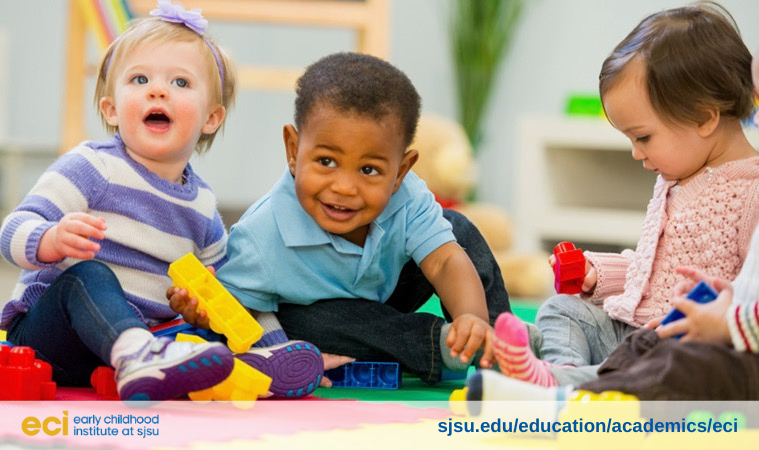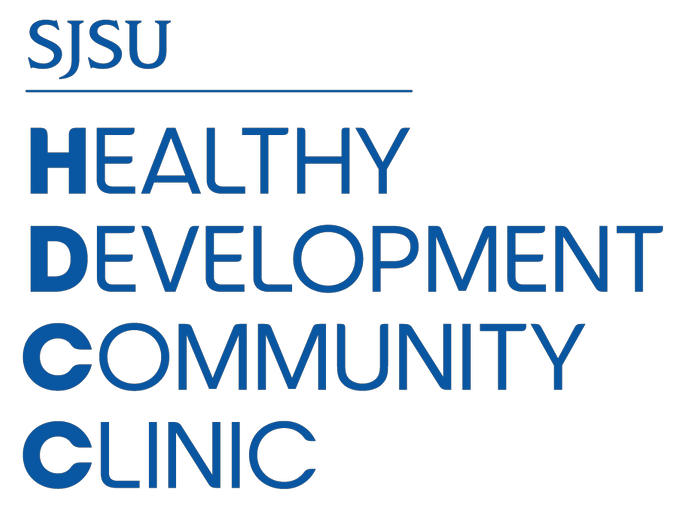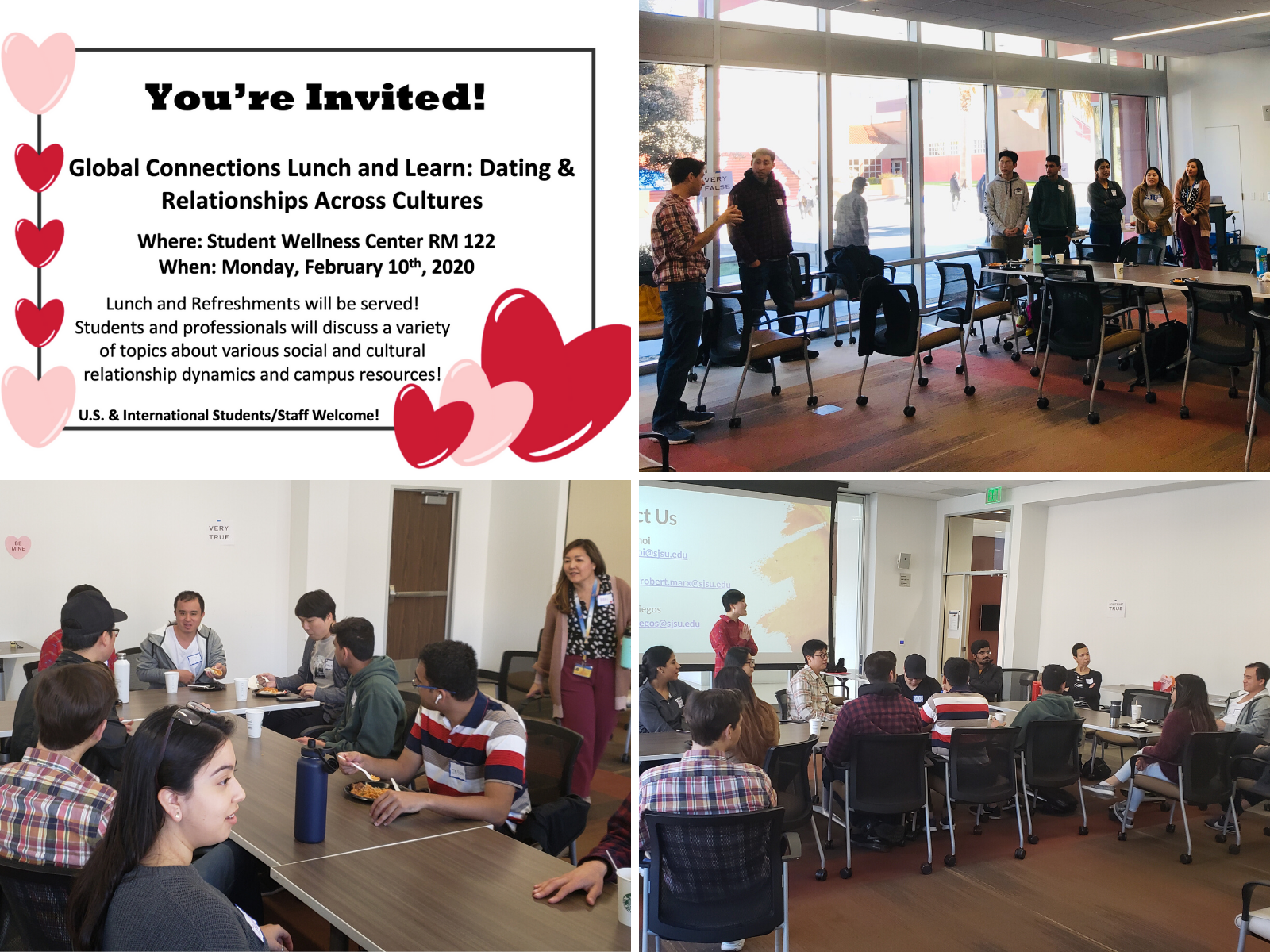Community
Our impact extends far beyond the borders of Sweeney Hall through our numerous community partnerships with students and colleagues across SJSU as well as school districts, foundations, and community-based organizations throughout the San José region and beyond. Learn more about several of our initiatives below.
Celebration of Teaching
Each year at SJSU, the Lurie College of Education hosts the Celebration of Teaching. During the Spring 2021 semester, we asked local middle school teachers, high school teachers, community college faculty, and SJSU faculty to nominate students that possess the qualities to become transformative future educators. Congratulations to the 41 nominees who have been recognized and awarded with a $1000 scholarship towards any Lurie College credential program.
Center for Collaborative Research Excellence in Education

Funded through a sub-award from the Center for Closing the Opportunity Gap (CCOG), a project sponsored by CSU Chancellor’s Office and administered by CSU Long Beach, the SJSU Center for Collaborative Research Excellence in Education (CCREE) is the CSU Regional Hub for Northern California to support the educational needs of Youth in Foster Care (FY) and Youth Experiencing Homelessness (HY) in California.
Early Childhood Institute

Recognizing the potential each and every child brings into the world, SJSU's Early Childhood Institute (ECI) seeks to transform the field of early learning and care through impactful research, training and advocacy efforts that promote equitable, high-quality, and inclusive early learning and care settings to benefit all children.
Healthy Development Community Clinic

The HD Clinic is a unique proposed collaboration between faculty and students from the programs of Child & Adolescent Development, Speech-Language Pathology, and Clinical Psychology. Located within the community, the HD Clinic will promote equity in access to high-quality, preventative, and family-centered interprofessional care. Culturally sustaining practices and trauma-informed care will guide intervention and collaboration building on existing strengths, protective factors, social support, and community resources.
Institute for Regenerative Futures
The Institute for Regenerative Futures is an intergenerational community-based collective of Black and other Indigenous co-conspiratorial educators, elders, healing practitioners, memory workers (researchers) and beloved community. Our collective emerged through timely intersections of community engagement, education, and research that highlight the psychological, emotional, and physiological impacts of anti-blackness and colonization.
Queer Educators and Counselors Network

The Queer Educators and Counselors Network (QECN) at the SJSU Lurie College of Education creates a safe and affirming space for educators, counselors, and students to appreciate diversity in sexual and gender identities. We also provide support, training, and resources to help students, faculty, and staff examine their own practice and engage with their own understandings of gender and sexuality. Through individual and group support, professional development opportunities, research activities, and advocacy, we hope to empower our community and world.
STEM+C Teacher Institute
The SJSU Lurie College of Education has created summer opportunities for current credential candidates, SJSU alumni, future SJSU credential candidates, and teachers in partner districts to develop their knowledge, skills, and abilities to teach math and/or computer science at no cost in an effort to pursue educational equity and social justice by reducing STEM barriers in education.